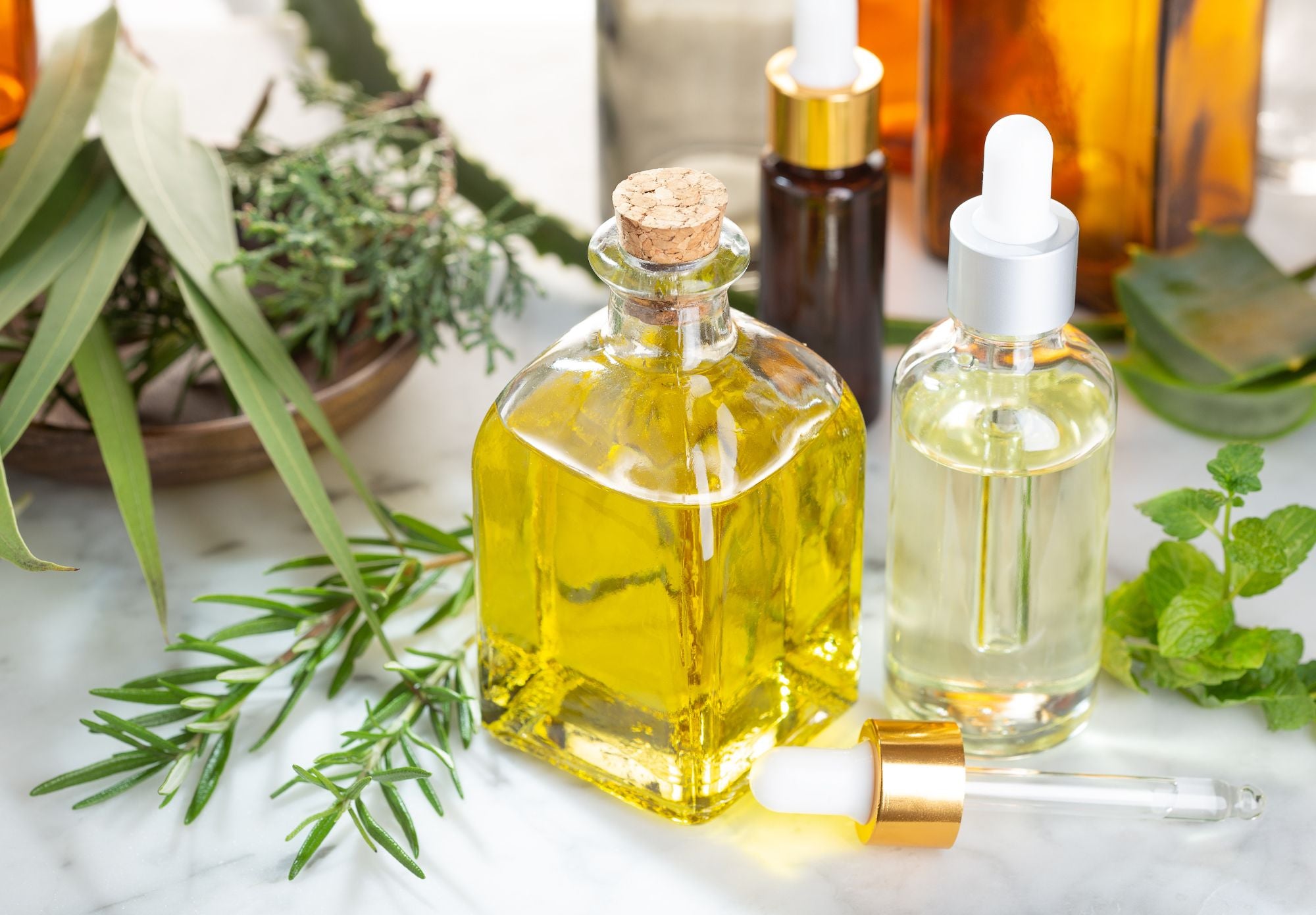Springtime, with its blooming flowers and rejuvenating energy, brings forth a season of renewal and growth. However, for many women, it also signals the onset of seasonal allergies. Rather than relying solely on conventional medications, a holistic approach that incorporates natural remedies can provide a gentle yet effective solution to alleviate allergy symptoms. In this guide, we will explore an array of natural spring allergy remedies specifically tailored for women, empowering them to embrace nature's bounty for optimal well-being.
-
Understand the Allergens: Before we delve into natural remedies, it is essential to understand the allergens triggering our symptoms. Common springtime allergens include pollen from trees, grasses, and weeds, as well as mold spores. By identifying the specific allergens affecting us, we can better tailor our remedies and minimize exposure during peak allergy times.
-
Optimize Indoor Air Quality: Creating a sanctuary indoors with optimal air quality is crucial for women seeking relief from spring allergies. Regularly clean and vacuum your home, using high-efficiency particulate air (HEPA) filters to capture allergens. Additionally, invest in indoor plants known for their air-purifying qualities, such as aloe vera or peace lilies, which can help remove toxins and improve overall air quality.
-
Harness the Power of Herbal Allies: Herbs have long been recognized for their healing properties. Incorporating herbal remedies into our routine can help alleviate spring allergy symptoms. Nettle leaf, with its natural antihistamine properties, can provide relief from sneezing and itching. Likewise, butterbur, a perennial plant, has shown promise in reducing nasal congestion and inflammation. However, it's essential to consult with a qualified herbalist or healthcare professional to determine proper dosage and potential interactions.
-
Soothe with Saline Solutions: Nasal irrigation using saline solutions is an effective way to alleviate congestion and flush out allergens. Neti pots or saline nasal sprays help moisturize nasal passages and reduce inflammation, providing women with much-needed relief. Ensure that the saline solution is sterile and use distilled or boiled water to prevent any potential infections.
-
Embrace the Healing Power of Honey: Raw, local honey is a delicious ally in combatting spring allergies. Consuming honey produced in your region exposes your body to small amounts of local pollen, which can help build immunity over time. Add a spoonful to your tea or use it as a natural sweetener in your recipes. However, note that honey should not be given to children under the age of one due to the risk of botulism.
-
Encourage Physical Well-Being: Maintaining physical well-being is crucial for women battling spring allergies. Regular exercise, a healthy diet rich in antioxidants, and adequate sleep can strengthen the immune system and reduce the severity of allergic reactions. Focus on consuming nutrient-dense foods such as fruits, vegetables, and omega-3 fatty acids found in fish or flaxseeds.
-
Seek Relief with Essential Oils: Harness the power of aromatherapy to ease allergy symptoms with essential oils. Eucalyptus oil, known for its decongestant properties, can be used in a diffuser or added to a warm bath for inhalation. Peppermint oil, with its cooling effect, can soothe irritated sinuses when applied topically or diffused. Always dilute essential oils and conduct a patch test before use to ensure compatibility with your skin.
-
Practice Stress Management: Stress can exacerbate allergy symptoms, so incorporating stress management techniques into your routine is essential. Engage in activities such as meditation, yoga, or deep breathing exercises to promote relaxation and reduce the body's inflammatory response. Prioritizing self-care and carving out time for activities that bring you joy can significantly impact your overall well-being during allergy season.
-
Consult with a Healthcare Professional: While natural remedies can provide relief for many women, it is important to consult with a healthcare professional before making any significant changes to your allergy management routine. They can offer personalized advice, ensure compatibility with existing medications, and guide you on the most suitable natural remedies for your specific needs.
